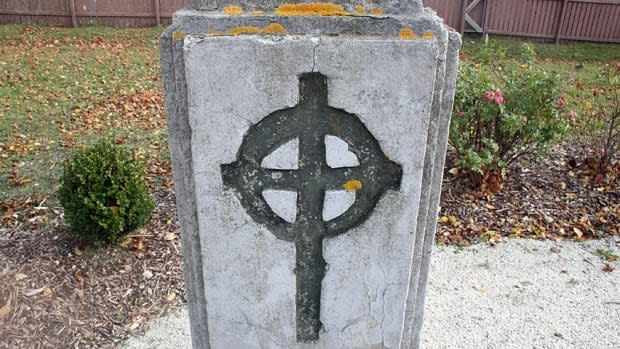Supreme Court of Canada rejects Catholic archdiocese appeal over Mount Cashel
The Archdiocese of St. John's is liable for the abuse at Mount Cashel Orphanage in the 1950s, after Canada's highest court declined to hear one last appeal from the Catholic Church.
The Supreme Court of Canada released its decision Thursday, simply saying it rejected the application from the Archdiocese of St. John's.
The decision brings to an end a painstaking process for victims who were abused at the orphanage when they were children. The case has been snaking its way through the courts for 21 years.
The case featured four victims who served as test cases for about 60 men in total. For them, Thursday's ruling brings long-awaited relief, said one of their lawyers.
"Some of these folks were in that orphanage experiencing this abuse in the 1950s, and they've lived with that all these years. And today, in 2021, they finally have the final answer that they've gotten justice for what they've suffered," said Allison Conway, a lawyer at the St. John's-based firm Budden & Associates.
The church is now liable to pay the outstanding bills left behind by the Christian Brothers of Ireland when the organization went bankrupt from settling child abuse lawsuits in 2012.
The church had always denied it was responsible for Mount Cashel, where an untold number of children were abused between the 1950s and 1970s, with the horrors covered up by government and law enforcement. It all came to light in 1989 with the Hughes Inquiry, which blew the lid off the scandal and the widespread trauma caused by the Christian Brothers.
With the Catholic church now being held accountable, the case could also be used as a precedent-setting decision in other cases — whether related to the church or not — where an institution is accused of being liable for the actions of people working for them.
"I think it brings a lot of hope for survivors of sexual abuse, that you can pursue justice and justice will be there for you. I just think it's a tremendous precedent, here in our province, but also across Canada," said Conway.

Archdiocese has 'immense sympathy' for abused
With Mount Cashel, the church based its case on two key facts: it was not involved in the day-to-day operations at the orphanage and the Christian Brothers was a lay organization, meaning its members were not ordained priests.
The Archdiocese of St. John's declined comment on Thursday, saying it needs time to speak to its legal team, but released a short statement by Archbishop Peter Hundt.
"The Archdiocese of St. John's has immense sympathy for those who suffered abuse at Mount Cashel Orphanage and we ask that all join with us in praying for healing for those who suffer as a result of abuse," reads the statement.
The Supreme Court of Newfoundland and Labrador agreed with the church in 2018, when Justice Alphonsus Faour ruled the Archdiocese of St. John's was not liable. A subsequent appeal by the victims was successful in overturning that decision in the Court of Appeals of Newfoundland and Labrador in July 2020.
Case now closed
The Archdiocese of St. John's exercised its final legal option in the weeks following that decision, and asked the Supreme Court of Canada to hear the case and deliver one final ruling. In rejecting that application, the case now comes to a close.
The victims received some compensation from the Christian Brothers during bankruptcy proceedings. The full amount they are owed is still being finalized, but Faour set damages at $2.61 million for the four victims in the test case.
The decision could have broader ramifications for the church, as more victims could now come forward and seek compensation.
Conway said her firm represents approximately 60 other men who could do so, and estimates there are many more victims out there.
"We still receive calls to this day for people who have been at Mount Cashel and suffered horrific things, and were never able to come forward," she said.
"So in addition to the ones we know about there could be many others who survived Mount Cashel and who this might be a precedent setting decision for."

